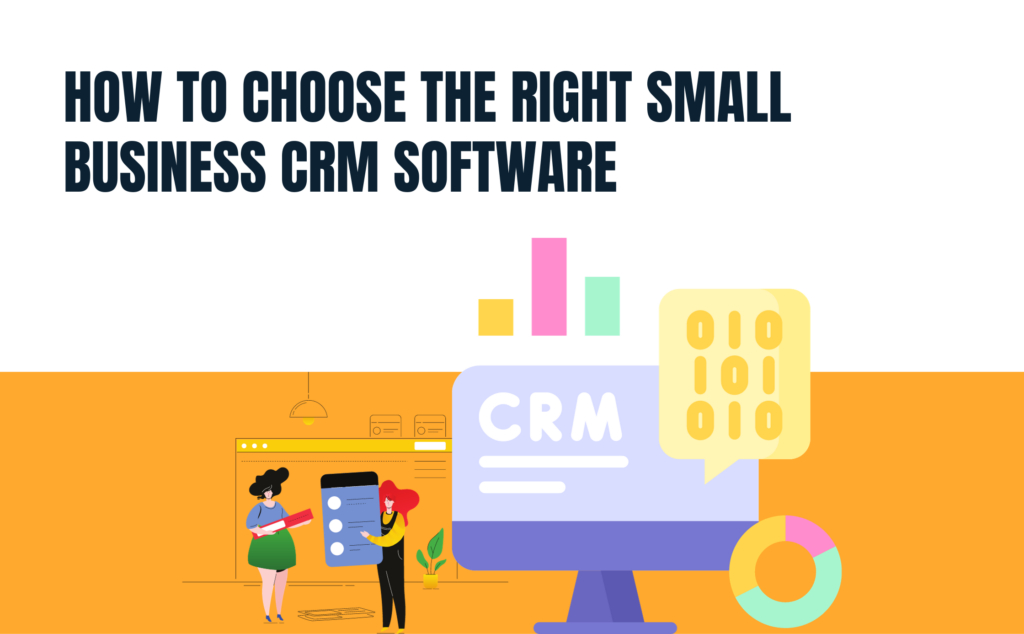In today’s rapidly evolving business landscape, Customer Relationship Management (CRM) systems have become indispensable tools for companies of all sizes. As we move into 2024, selecting the right CRM for your business is more crucial than ever. This comprehensive guide will walk you through the essential considerations and the top options available, ensuring you make an informed decision that will drive your business forward.
Understanding CRM Systems
Customer Relationship Management (CRM) systems are designed to help businesses manage their interactions with current and potential customers. They provide a centralized platform where you can track customer interactions, sales, and support activities, all while offering valuable insights into your customer base.
Key Benefits of CRM Systems
- Improved Customer Relationships: By having a centralized database of customer information, businesses can better understand and anticipate customer needs, leading to improved satisfaction and loyalty.
- Increased Efficiency: Automated processes and streamlined workflows save time and reduce errors, allowing your team to focus on more strategic tasks.
- Enhanced Data Analytics: CRM systems provide powerful analytical tools to track customer behavior and sales trends, helping you make data-driven decisions.
Factors to Consider When Choosing a CRM
1. Business Size and Industry
The size of your business and the industry you operate in play a significant role in determining the best CRM for your needs. Small businesses may require a different set of features compared to large enterprises, and industry-specific solutions can offer tailored functionalities.
2. Integration Capabilities
A good CRM should seamlessly integrate with your existing tools and systems, such as email marketing platforms, accounting software, and e-commerce solutions. This ensures a smooth flow of information across your business operations.
3. User-Friendliness
The ease of use of a CRM system is critical. If your team finds it challenging to navigate or use the software, it could lead to low adoption rates and inefficiencies. Look for a CRM with an intuitive interface and robust support resources.
4. Customization and Scalability
Your CRM should be flexible enough to adapt to your business’s evolving needs. Customization options allow you to tailor the system to your specific workflows, while scalability ensures that the CRM can grow with your business.
5. Cost and ROI
While it’s important to consider the cost of the CRM, it’s equally crucial to evaluate the potential return on investment (ROI). A more expensive solution may offer greater efficiencies and revenue opportunities, making it a worthwhile investment.
Top CRM Solutions for 2024
1. Salesforce
Salesforce is a market leader in the CRM space, offering a comprehensive suite of tools designed for businesses of all sizes. With robust customization options, advanced analytics, and a wide range of integrations, Salesforce is a versatile choice for many industries.
Key Features:
- Customizable Dashboards: Tailor your dashboard to display the most relevant metrics for your business.
- AI-Powered Insights: Leverage artificial intelligence to gain predictive insights and improve decision-making.
- Extensive App Ecosystem: Access a wide range of third-party apps to extend the functionality of your CRM.
2. HubSpot CRM
HubSpot CRM is known for its user-friendly interface and free tier, making it an excellent choice for small to mid-sized businesses. It offers seamless integration with other HubSpot tools, providing a unified platform for marketing, sales, and customer service.
Key Features:
- Free Tier: Access core CRM features at no cost, with paid plans available for advanced functionalities.
- Marketing Automation: Automate your marketing efforts with email campaigns, social media scheduling, and more.
- Sales Pipeline Management: Visualize and manage your sales pipeline with ease.
3. Zoho CRM
Zoho CRM offers a highly customizable and scalable solution suitable for businesses of all sizes. It provides a robust set of features, including AI-driven insights, automation, and extensive integration capabilities.
Key Features:
- AI Assistant (Zia): Utilize Zoho’s AI assistant to gain insights, predict outcomes, and automate tasks.
- Customization: Create custom modules, fields, and workflows to match your business processes.
- Integration: Seamlessly integrate with over 500 popular business apps and services.
4. Microsoft Dynamics 365
Microsoft Dynamics 365 combines CRM and ERP capabilities, providing a comprehensive solution for managing customer relationships and business operations. It’s particularly well-suited for larger enterprises with complex needs.
Key Features:
- Unified Platform: Manage both customer relationships and business processes from a single platform.
- AI and Analytics: Leverage advanced analytics and AI to drive business insights and efficiency.
- Microsoft Ecosystem Integration: Integrate seamlessly with other Microsoft products like Office 365 and Azure.
5. Pipedrive
Pipedrive is a sales-focused CRM designed to help small to mid-sized businesses streamline their sales processes. Its visual sales pipeline and intuitive interface make it a favorite among sales teams.
Key Features:
- Visual Sales Pipeline: Easily track and manage your sales activities with a visual pipeline.
- Activity Management: Stay on top of tasks and appointments with automated reminders and scheduling.
- Sales Reporting: Generate detailed reports to analyze sales performance and identify areas for improvement.
Implementing Your Chosen CRM
1. Define Your Objectives
Before implementing a CRM, clearly define your business objectives and the specific outcomes you hope to achieve. This will guide your selection process and ensure that you choose a solution that aligns with your goals.
2. Train Your Team
Proper training is essential for successful CRM adoption. Ensure that your team is well-versed in using the CRM and understands how it can benefit their workflows.
3. Monitor and Optimize
Regularly monitor the performance of your CRM system and gather feedback from users. Use this information to make continuous improvements and optimize the system for better results.
Conclusion
Choosing the right CRM for your business in 2024 is a critical decision that can significantly impact your customer relationships and overall business performance. By carefully considering your business size, industry, integration needs, and other key factors, you can select a CRM that will drive efficiency, enhance customer satisfaction, and support your long-term growth.


